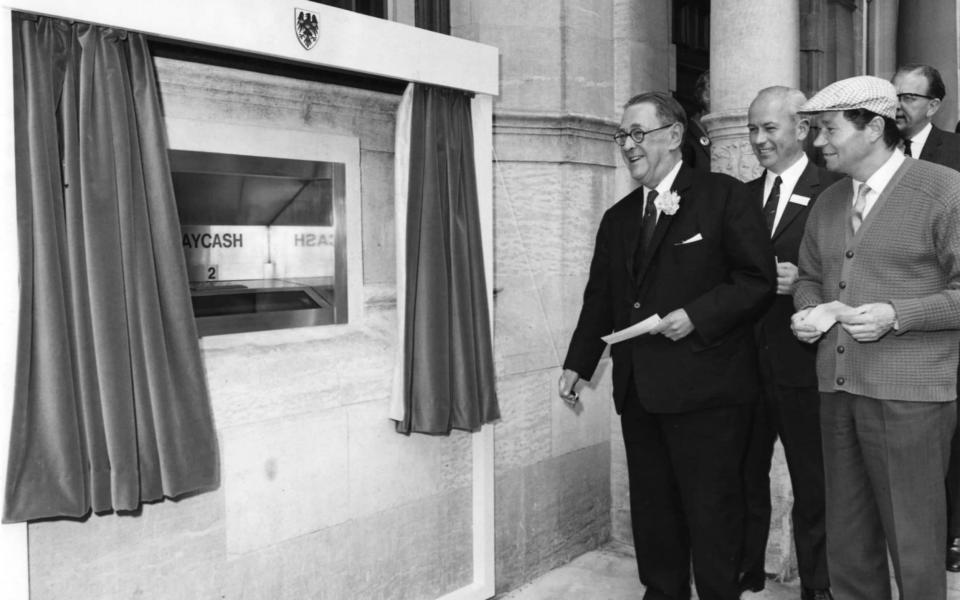Death of cash: why the low-paid and middle-aged have most to lose

Cash has become the least popular major payment method for the first time, figures from the British Retail Consortium show.
The use of physical money has fallen behind both debit and credit cards as the UK heads towards becoming a cashless society.
In 2018, cash was used for 20.4pc of the £381 billion spent on purchases, the lowest proportion ever, according to the latest figures. Debit cards were used for 56.8pc of transactions, and credit and charge cards for 21.5pc.
“Non-card transactions” via PayPal or store cards made up 1.3 per cent of all purchases.
In 2017, cash was used for 22pc of purchases, beating credit and charge cards at 20.8 per cent, while debit cards were still the most popular payment method at 54.9pc.
In 2013, physical money was used by shoppers for 27.6pc of all purchases, compared with credit cards at 21pc and debit cards at 49.6pc

However, cash is still used for larger numbers of purchases than credit and charge cards. The BRC said this was due to cash being used for lower-value purchases.
Coins and notes made up 38.3pc of the 20.1 billion total purchases, while credit and charge cards made up 12.8pcand debit cards 46.5pc. Last year 9.3 billion transactions were made on debit cards, 7.7 billion in cash and 2.6 billion on credit and charge cards.
The declining popularity of cash risks the older-55s being left behind, according to Sulabh Agarwal, of Accenture, an outsourcing company.
“As the concept of a cashless Britain becomes more real, the digitalisation of payments risks leaving behind certain demographics, including over-55s and lower earners,” he said. “It’s up to retailers and banks alike to ensure this digital revolution doesn’t alienate them.”

Those who prefer cash have been hit by bank closures over 30 years. There were 20,583 bank branches in 1988 but just 7,586 in January this year, according to consumer group Which?
Gareth Shaw, of Which?, said: “Millions of people across the UK who rely on cash are struggling to access it due to bank branch closures and a massive reduction in the number of free cash machines.”
A Telegraph investigation in May found local authorities, football stadiums, national bus service providers and shops were phasing out coins and notes.

 Yahoo Finance
Yahoo Finance 